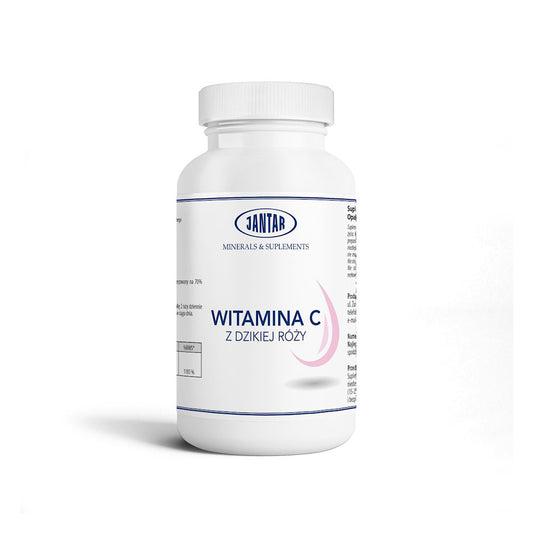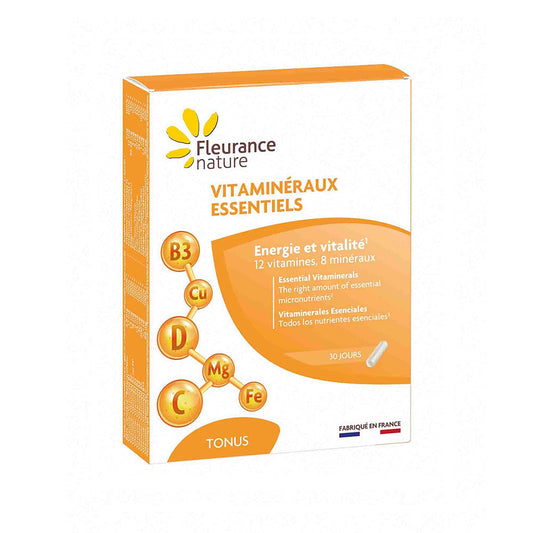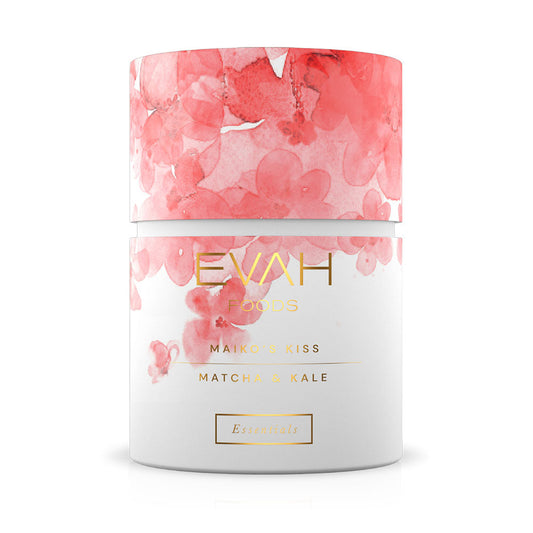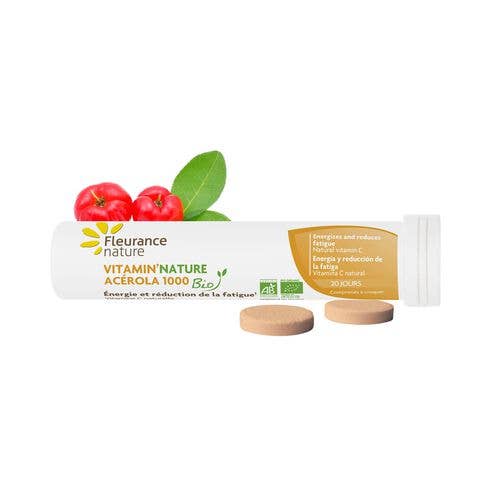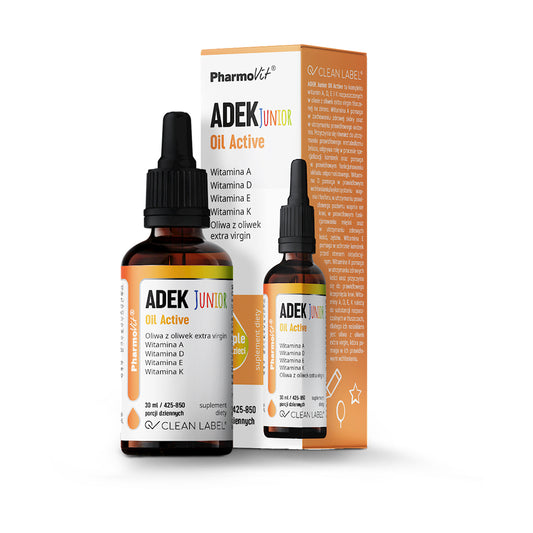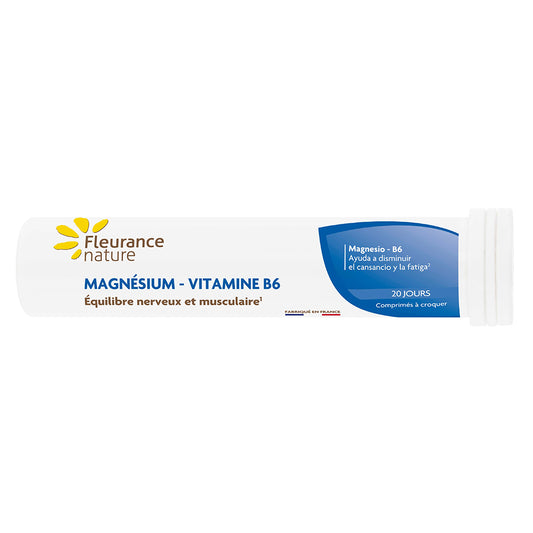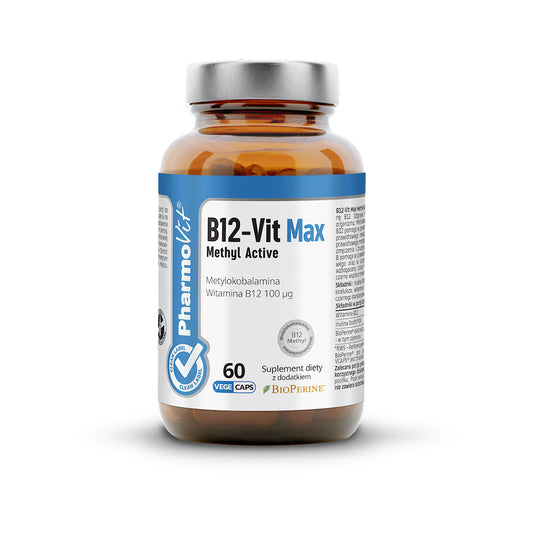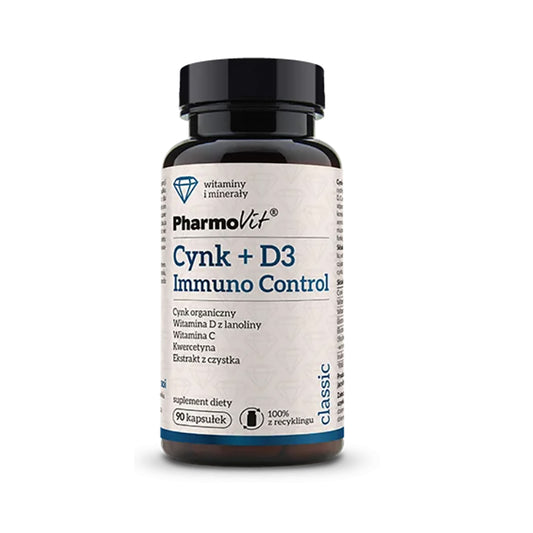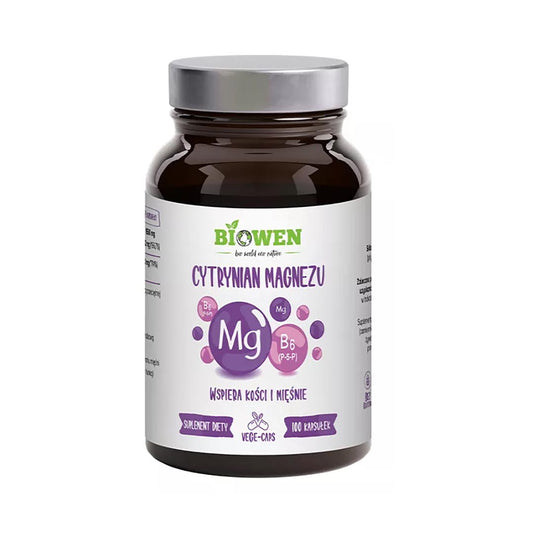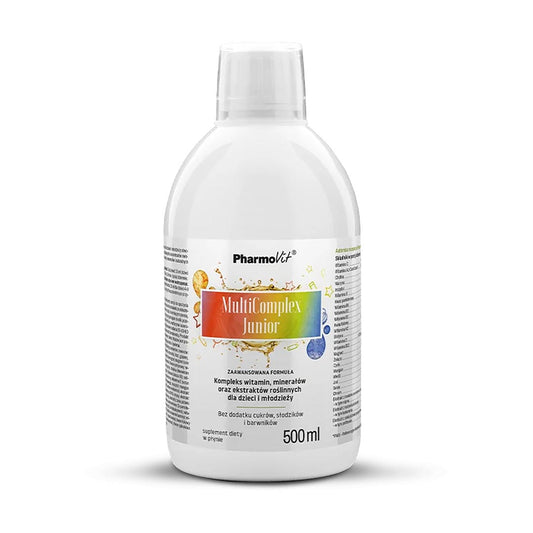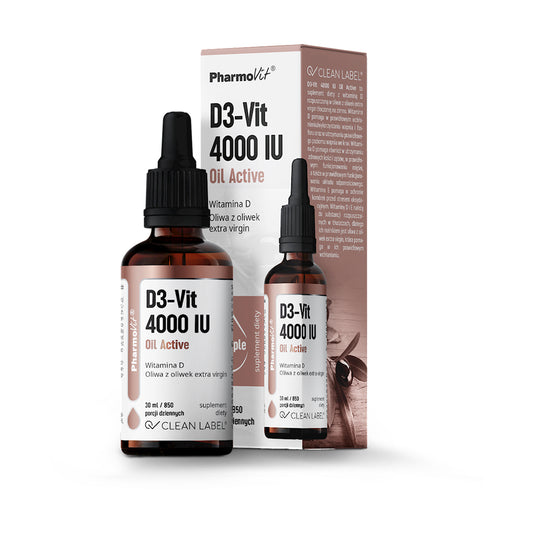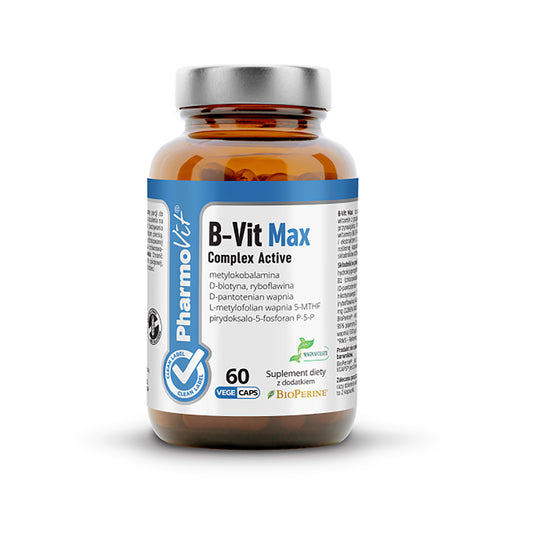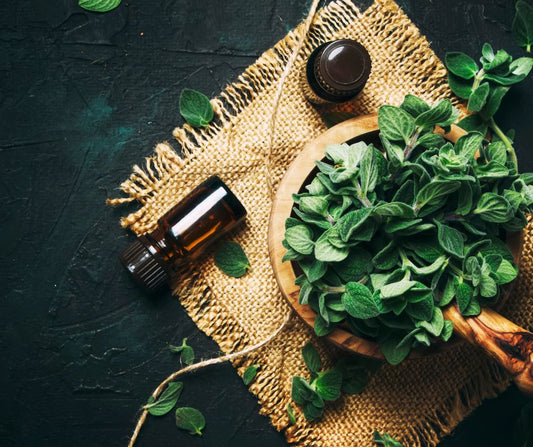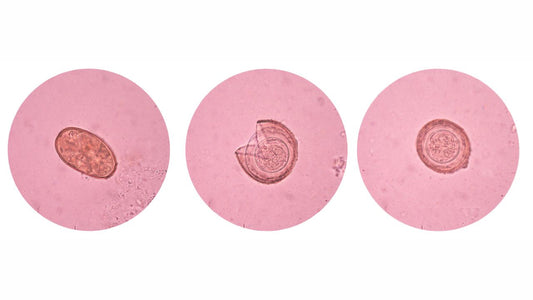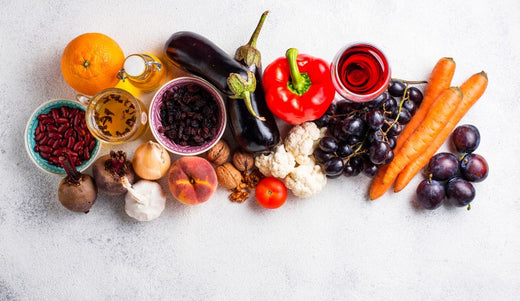
The ABCs of Antioxidants: Information, Benefits, and Best Sources
Share
Antioxidants are a popular topic in the world of health and wellness, and for good reason. They play a central role in protecting the body's cells and supporting overall well-being. In this article, we dive deep into the world of antioxidants to find out what they are, why they are beneficial, and where to look for them.
What is an antioxidant?
Antioxidants are compounds that protect the body's cells from reactive compounds such as free radicals. Free radicals are unstable molecules that can damage cells and promote aging as well as the development of diseases like cancer and cardiovascular diseases. Simply put, antioxidants maintain balance in the body and prevent it from "rusting."
Antioxidants are a natural defense mechanism, and the body produces some of them. In the body, antioxidants appear as enzymes. However, most antioxidants must be obtained from food and supplements.
What are the benefits of antioxidants?
The health benefits of antioxidants are diverse, and their importance in supporting the body's functions is significant.
Antioxidants protect against cell damage
Antioxidants combat free radicals, which can cause cell damage and accelerate aging. The body continuously produces reactive compounds in its own processes. On the other hand, they also enter our body through external factors such as cigarette smoke, air pollution, stress, and unhealthy food.
For maintaining cell health, the body constantly needs plenty of antioxidants. Consider it this way: in modern society, most people's lifestyles and living conditions do not particularly reduce attacks from reactive compounds. Each cell is typically exposed to them thousands of times a day. When talking about an imbalanced state, the term oxidative stress is used.
Did you know that muscle stiffness is often caused by waste products produced in the body, such as lactic acid? To get these waste products moving, it is important to have enough antioxidants in the body.
Stronger immune system
Several vitamins are known for their antioxidant properties. For example, vitamin C supports immunity and helps the body fight infections. At the same time, it is an effective defender against oxidative stress, i.e., a protector of cell health. Likewise, vitamin D is an excellent supporter of the immune system, and taking it especially seasonally is very sensible.
Anti-inflammatory effect
Inflammation is the body's natural defense mechanism that activates in response to injuries, infections, or irritants. Short-term inflammation is a beneficial part of the healing process, but chronic, long-term inflammation can damage tissues and promote the development of many diseases, such as cardiovascular diseases, diabetes, and osteoarthritis. Antioxidants play an important role here, as they can reduce the mechanisms underlying inflammation and promote the body's balance.
Free radicals and inflammations
Inflammation and oxidative stress are often interconnected. Free radicals, which are produced in the body due to stress, pollution, unhealthy diet, or infection, can cause oxidative stress. This condition increases the production of inflammatory molecules, such as cytokines, which can worsen chronic inflammation.
Antioxidants help by neutralizing free radicals and preventing them from damaging cells. At the same time, they help reduce the activity of inflammatory processes, which can alleviate symptoms of chronic inflammation and prevent related diseases.
The most important anti-inflammatory antioxidants:
Certain antioxidants have particularly strong anti-inflammatory properties:
1. Polyphenols
These are especially found in green tea, red wine, berries, and olive oil. Polyphenols, such as catechins and flavonoids, reduce inflammation by inhibiting the production of cytokines and other inflammation-promoting compounds.
2. Curcumin
The active compound in turmeric, curcumin, is one of the best-known natural anti-inflammatory agents. It reduces inflammation by suppressing certain enzymes that promote inflammation and can relieve symptoms related to osteoarthritis, for example.
Both of these vitamins help protect cells from oxidative stress. Especially vitamin C supports the immune system during inflammation, and vitamin E protects cell membranes from damage.
Although omega-3 is not technically an antioxidant, it works similarly by reducing inflammation and oxidative stress. These are abundant, for example, in fatty fish and flaxseeds.
Heart and Cardiovascular Health
Antioxidants, such as flavonoids and vitamin E, help protect blood vessels and reduce the risk of inflammation.
Improves skin well-being
Many antioxidants help combat the harmful effects of UV radiation and slow down skin aging. Astaxanthin is one of the most effective antioxidants for protecting the skin. It is known to be even more effective than vitamin C as a skin-protecting antioxidant.
Natural sources of astaxanthin include crustaceans and salmon. This is because they consume large amounts of Haematococcus pluvialis algae, which contains astaxanthin. This algae produces reddish astaxanthin to protect itself from strong ultraviolet radiation from the sun. Astaxanthin is also a popular antioxidant, especially during summer and vacations.
Good sources of antioxidants
Antioxidants are found in a variety of natural raw materials. Here are some examples:
- Berries: Blueberries, raspberries, and cranberries are full of polyphenols that fight inflammation.
- Nuts and seeds: Especially almonds and sunflower seeds are rich in vitamin E.
- Green tea: Contains catechins, known for their powerful antioxidant effects.
- Dark chocolate: Cocoa flavonoids support heart health.
- Leafy greens: Spinach and kale are sources of beta-carotene and lutein.
- Spices and herbs: Turmeric and ginger are known antioxidant super spices.
Can you get too many antioxidants?
As with many things, moderation is important with antioxidants as well. Although it is difficult to get too many antioxidants from natural sources, taking large doses in supplement form can be harmful. For example, excessive vitamin E can increase the risk of bleeding, and too much beta-carotene can cause a yellowish tint to the skin.
It is important to follow the recommended maximum amounts for antioxidant supplements and to note that if you already get some from your diet, take supplements more moderately than recommended. Antioxidant supplements work best as a seasonal intensive course or when you are aware that you do not eat diversely enough.





